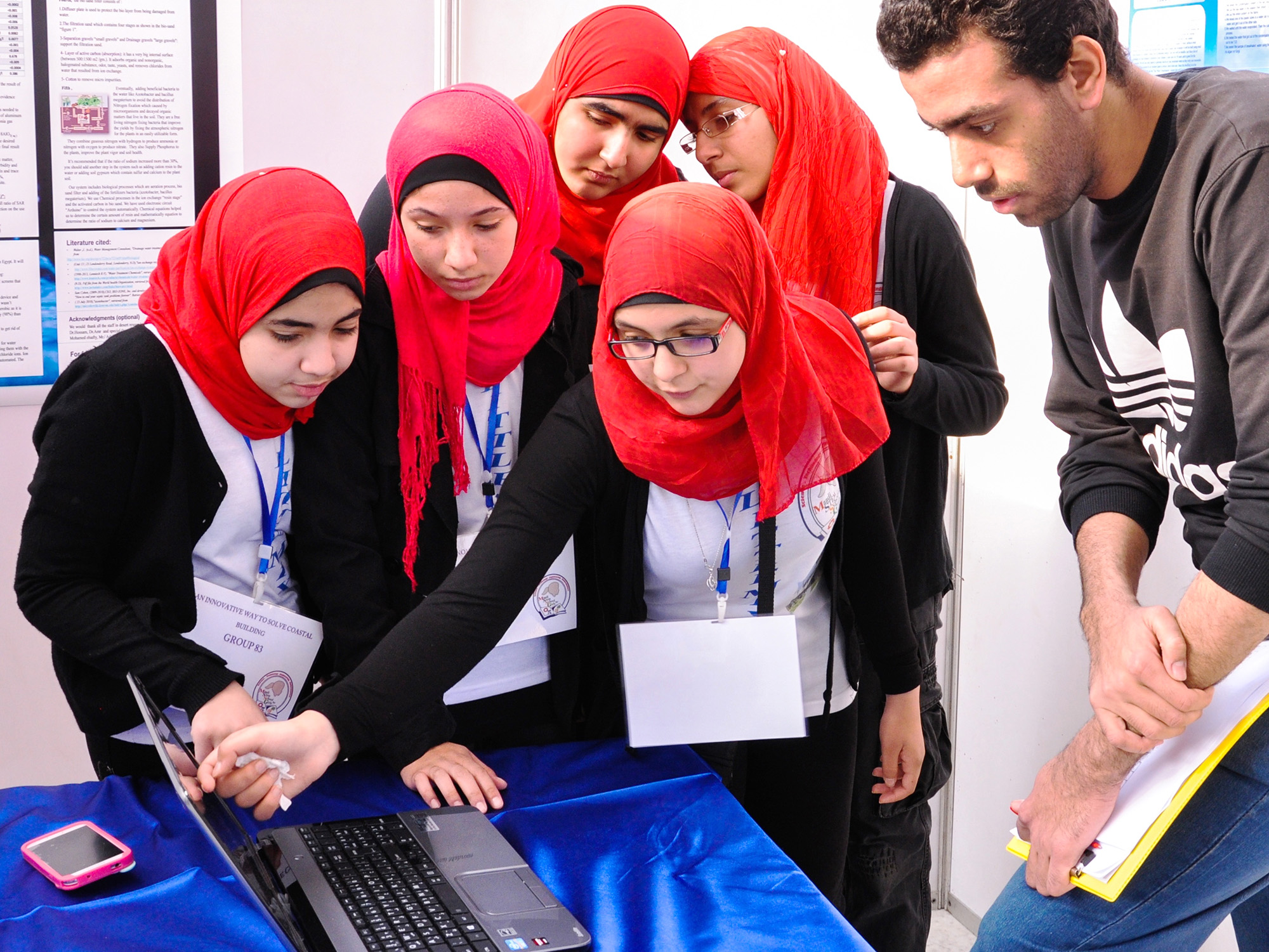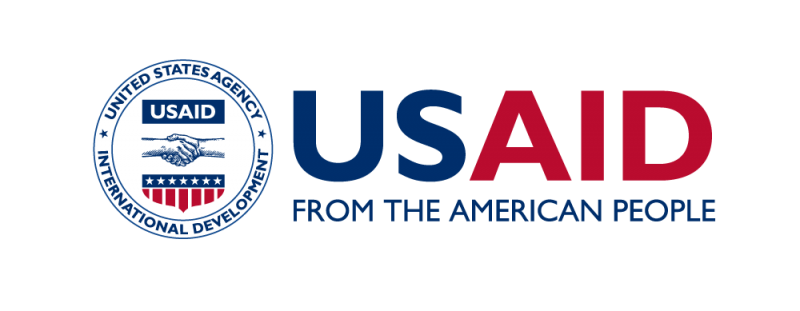-
What We Do
- WHERE WE WORK
-
About Us
 Welcome Message from Carol Jenkins
Welcome Message from Carol JenkinsFor more than 90 years, World Learning has equipped individuals and institutions to address the world’s most pressing problems. We believe that, working together with our partners, we can change this world for the better.
On my travels, I’ve had the opportunity to meet with many of those who have joined us in this mission. In Baghdad, we’ve trained more than 2,300 Iraqi youth who are already giving back at home. In London, our partners in the TAAP Initiative strongly believe that we are all responsible to practice inclusion. And in Vermont, our Experiment in International Living and School for International Training participants prove every day that they have the tools and the determination to change the world.
Please join us in our pursuit of a more peaceful and just world.
- Get Involved

Where We Work > Program List
Egypt STEM Schools Project
DURATION: 08/28/2012 - 10/31/2017
FUNDER: USAID
PARTNER: Franklin Institute, 21st Century Partnership for STEM Education, Teaching Institute for Excellence in STEM, Egyptian Ministry of Education (MoE)
CONTACT: [email protected]
Program Description
The Egypt STEM Schools Project, provided a springboard for the country’s youth to succeed through innovative science, technology, engineering, and math (STEM) education.
World Learning, in partnership with the Franklin Institute, the 21st Century Partnership for STEM Education, the Teaching Institute for Excellence in STEM, and the Egyptian Ministry of Education (MoE), developed a network of eleven STEM high schools that embedded inquiry-based, student-centered pedagogy that integrated real-world applications and critical thinking and problem-solving into the Egyptian public education system. This initiative directly supported a new vision of Egypt as a country equipped with both the human capital and institutional resources to compete and excel in the international marketplace.
Program Goals
- Increase student interest, participation, and achievement in science and mathematics
- Strengthen the STEM school initiative by developing an effective model for specialized high schools
- Build the capacity of a highly qualified cadre of STEM professionals and provide opportunities for training and sustained, intellectually rigorous professional learning
- Strengthen MoE capacity at the systems and policy level to sustain and replicate these model schools
- Support the MoE in upgrading science and mathematics curriculum standards, student assessments, and teacher preparation for mainstream schools
The project transformed Egypt’s only STEM school into a collaborative network that served as a catalyst for system-wide STEM education reform. The eleven model schools, established throughout the country, deliver comprehensive support to students, teachers, and administrators, as well as key policy, private sector, and community stakeholders. Through targeted awareness raising, institutional capacity development, teacher training, curriculum development, and student learning assessment, the STEM model schools serve as incubators for future leaders and innovators who will have the potential to advance research and development initiatives that fuel scientific invention and generate employment opportunities and economic growth. By the end of the project, 11 schools were equipped with science and Fab Lab equipment, 2,799 students (1,586 boys & 1,213 girls) students had been enrolled in STEM schools, 458 students (294 boys, 164 girls) had graduated and gone on to higher education in Egypt and abroad, 604 teachers, 62 school administrators and 503 Ministry of Education officials were trained to maintain and expand the STEM schools, 52 preparatory schools received training and materials to introduce STEM extracurricular activities, and 18 public-private partnerships were formed to support the STEM school network.







